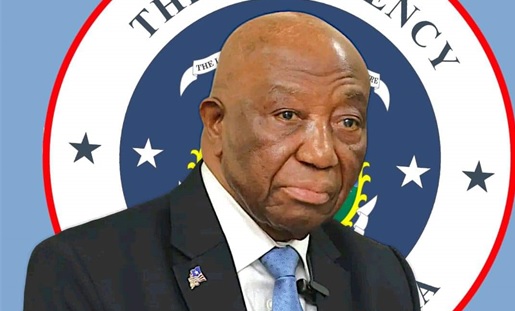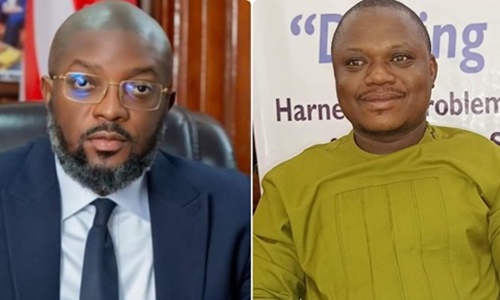MONROVIA, OCTOBER 8, 2024 – In an open letter addressed to President Joseph Nyuma Boakai, veteran Liberian journalist Jonathan Paye-Layleh has offered his insights and recommendations for improving governance in Liberia. The letter, published on October 7, 2024, highlights both the successes and the challenges of the Boakai administration, while proposing concrete steps to ensure that the President’s vision for a better Liberia is fully realized.
Paye-Layleh began by commending President Boakai for his achievements over the past eight months, acknowledging efforts to restore Liberia’s image and bring relief to the population. “You have achieved a lot within an eight-month period, and I am exceptionally proud of what we’re seeing,” he wrote. However, Paye-Layleh cautioned that without more “honest and selfless strategists” to implement the President’s vision, many crucial tasks may remain unfinished by the end of Boakai’s six-year term.
In his letter, Paye-Layleh proposed the establishment of a presidential think-tank tasked with capturing critical public issues and providing weekly briefs to the President for action. The think-tank, he suggested, should focus on reviewing audit and investigation reports, monitoring public discourse, and tracking the implementation of national policies and presidential directives, including orders for asset declarations and drug tests. Paye-Layleh noted that such a body could fill gaps in communication between the President and his ministers, ensuring that key issues, such as accusations of corruption in audit reports, reach the President’s attention.
“Each ministry is busy performing its responsibilities and does not care much about the actions and shortcomings of others,” Paye-Layleh wrote, adding that “a presidential think-tank will be the one informing the office of the President that a minister has been linked to some report and he/she needs to answer questions.” He emphasized that this task should not be left to presidential advisors alone, as they are often focused on their specific areas of assignment.
Paye-Layleh also called for a “radical review” of the advisory structure within the presidency, suggesting that President Boakai should have a small team of no more than three advisors for each area of governance. This team-based approach, he argued, would enable more comprehensive and thoughtful advice on matters of public concern.
Turning to the issue of government spending, Paye-Layleh recommended a rigorous austerity plan across all three branches of government, which he believes would save more money for critical national interventions than the international loans and grants Liberia currently relies on. He called for a “straight-talk” retreat with leaders from the executive, legislative, and judicial branches to agree on severe salary and benefit cuts. “The public sector should simply be a place to serve. You don’t seek riches in public service,” Paye-Layleh wrote, pointing out the disparity between high public sector salaries and the low wages of teachers and healthcare workers.
“In a post-conflict country where people still live below the poverty line, what people are earning in the public sector in many places here is just too astronomical,” he continued, adding that “there is no justification in paying anyone even up to USD $4,000 a month when some teachers and healthcare workers are paid very less than $300.”
Concluding his letter, Paye-Layleh expressed uncertainty as to whether the advice he had previously offered to the President had reached him. By making the letter public, Paye-Layleh sought to ensure that the issues raised receive the attention they deserve.
The letter reflects growing concerns among Liberians about government accountability, public sector reform, and the need for fiscal responsibility as the Boakai administration seeks to fulfill its mandate of “No Business as Usual.”







